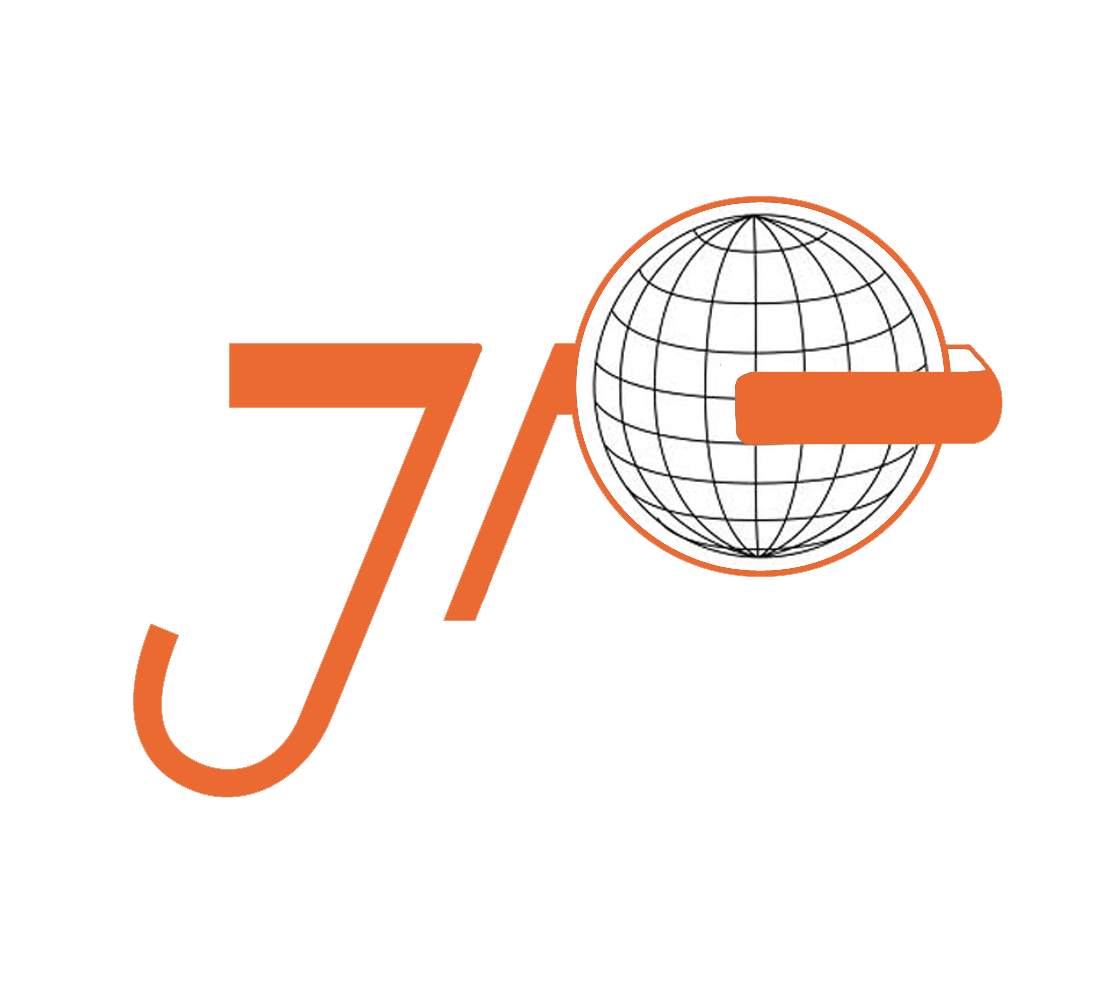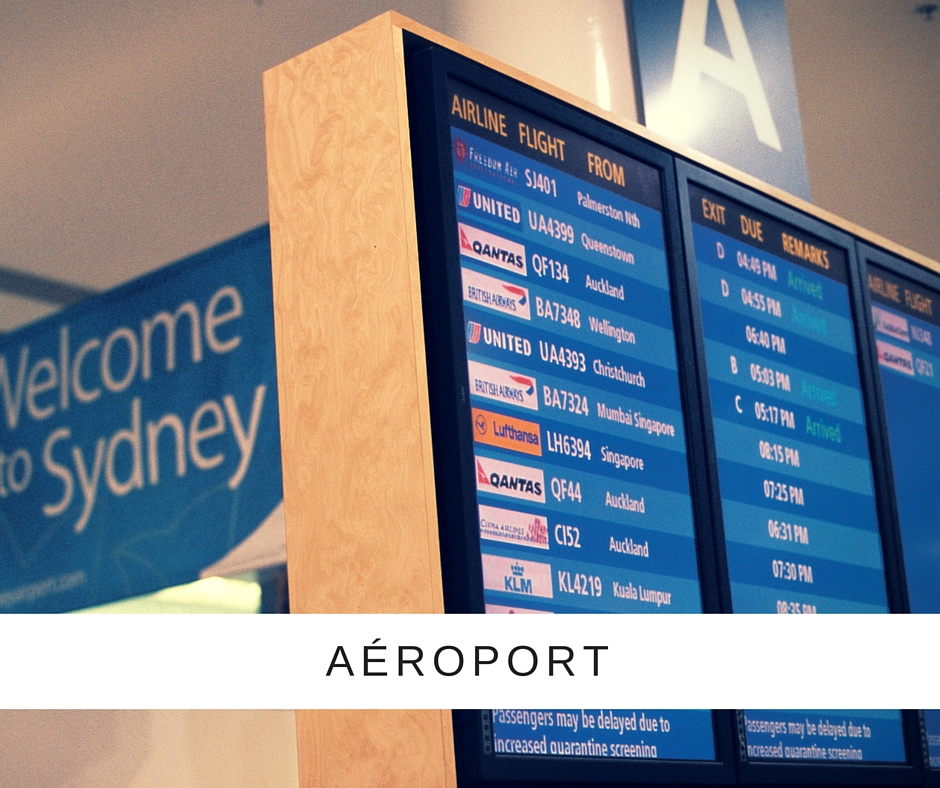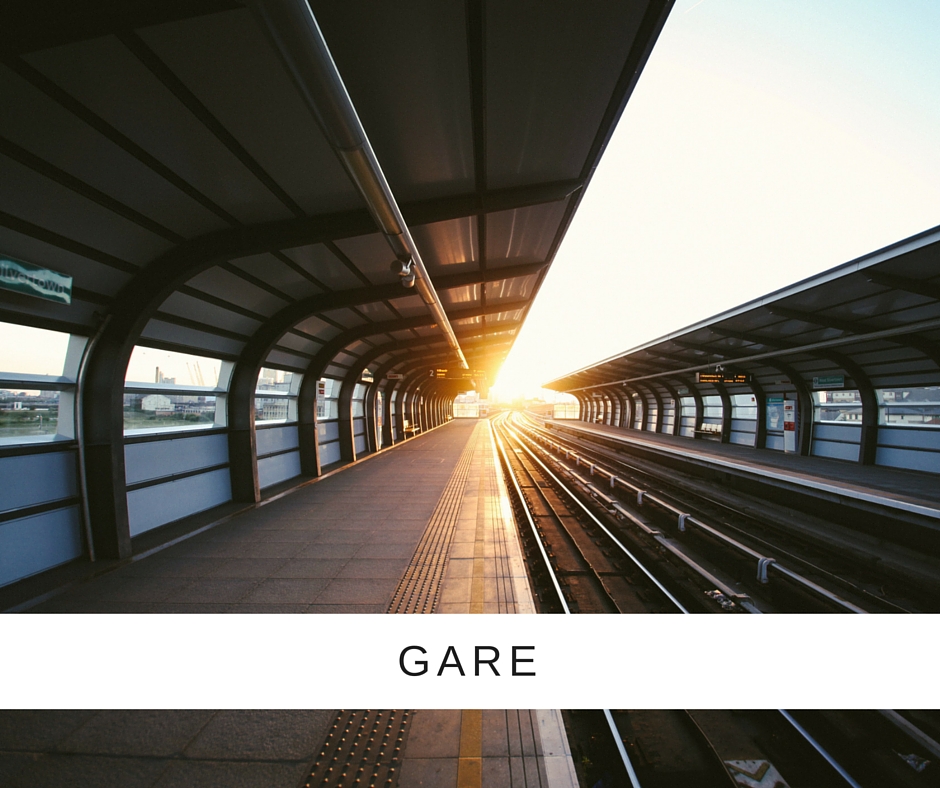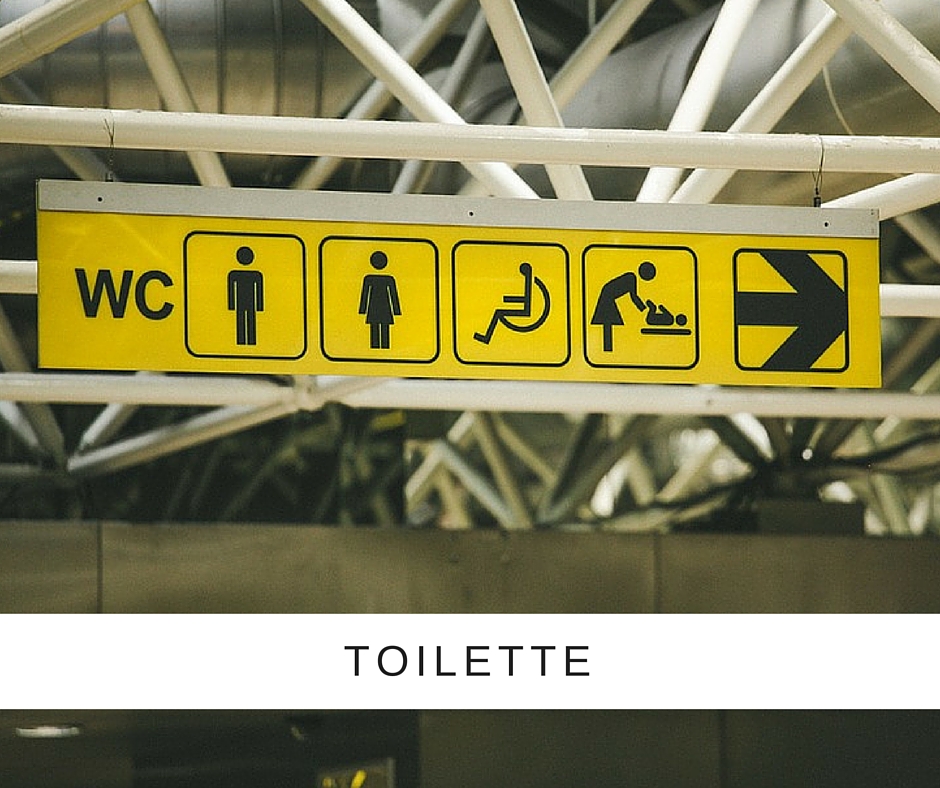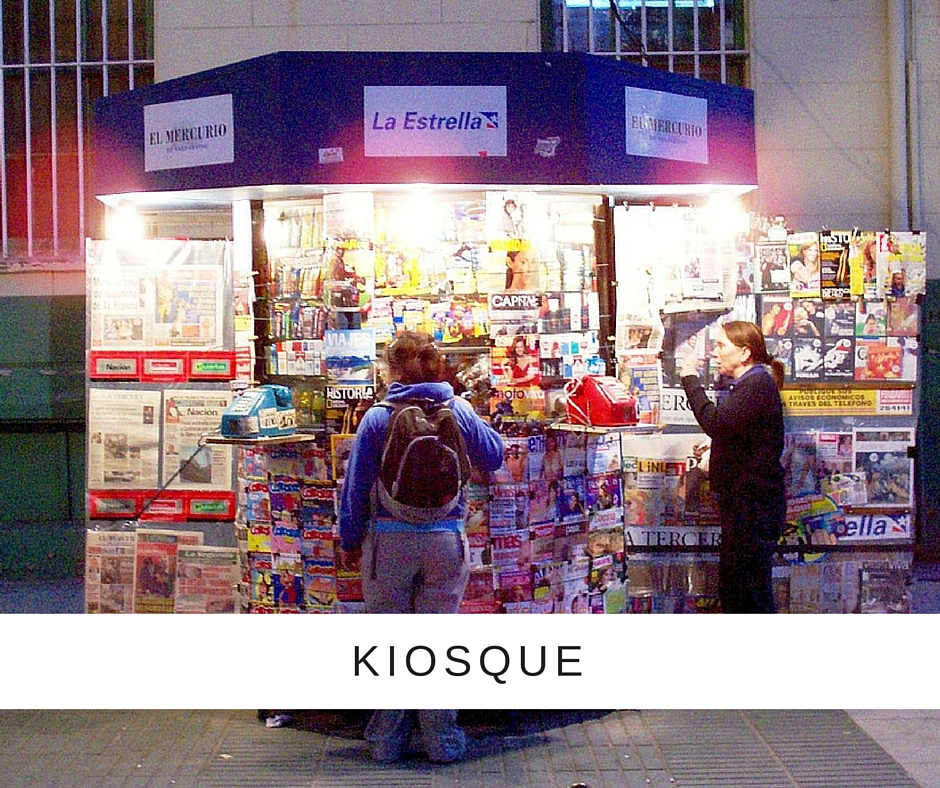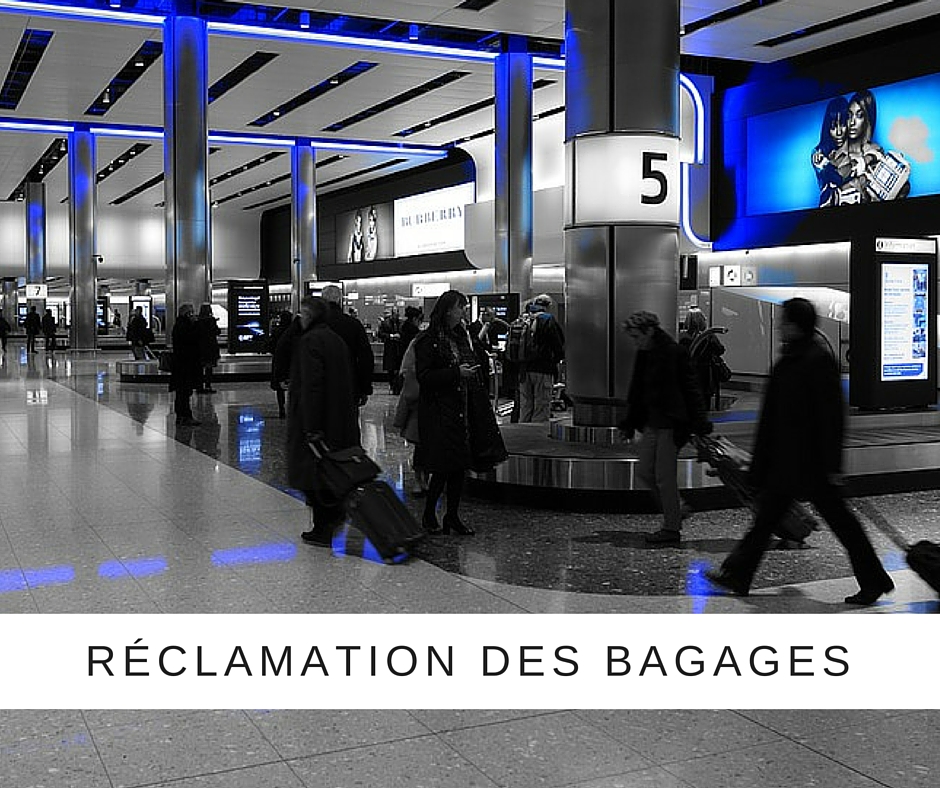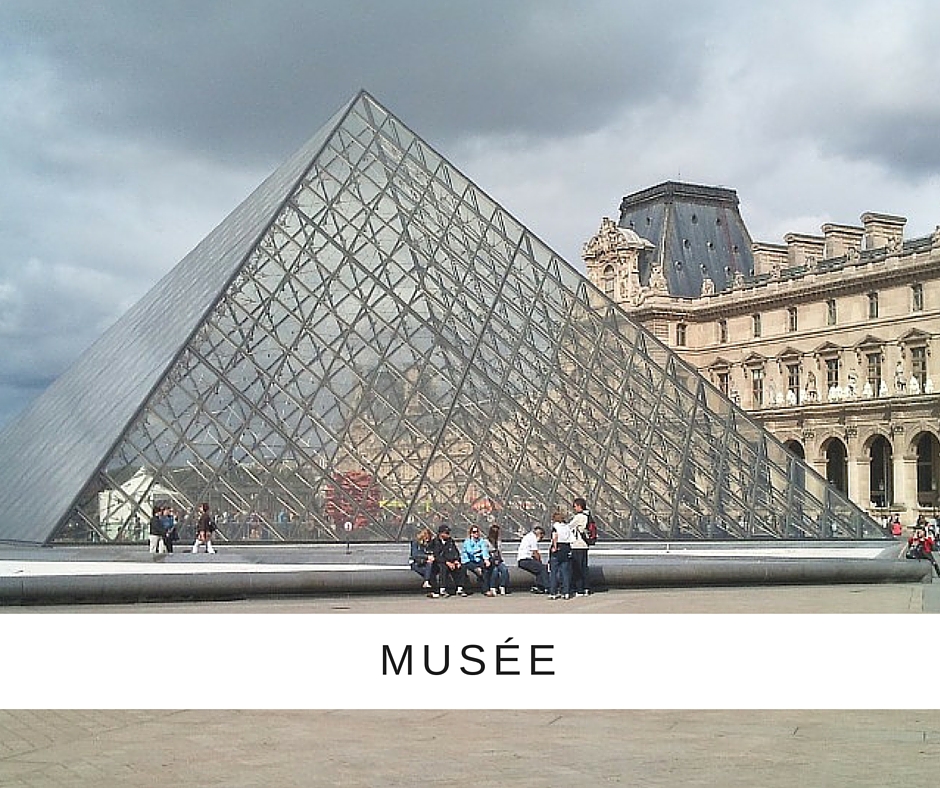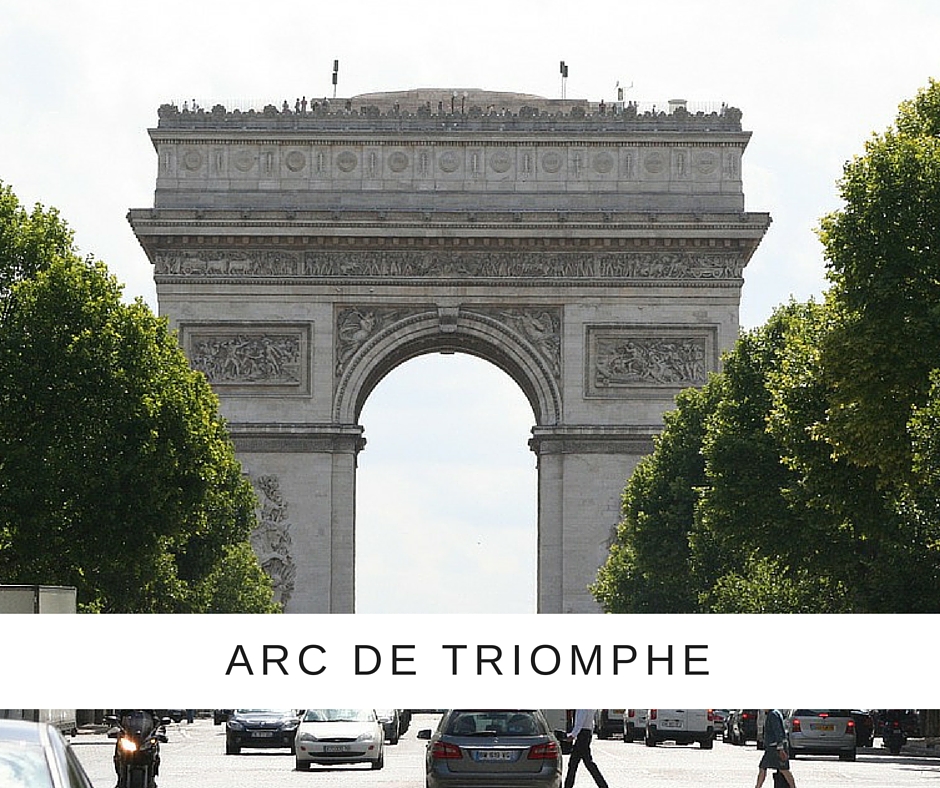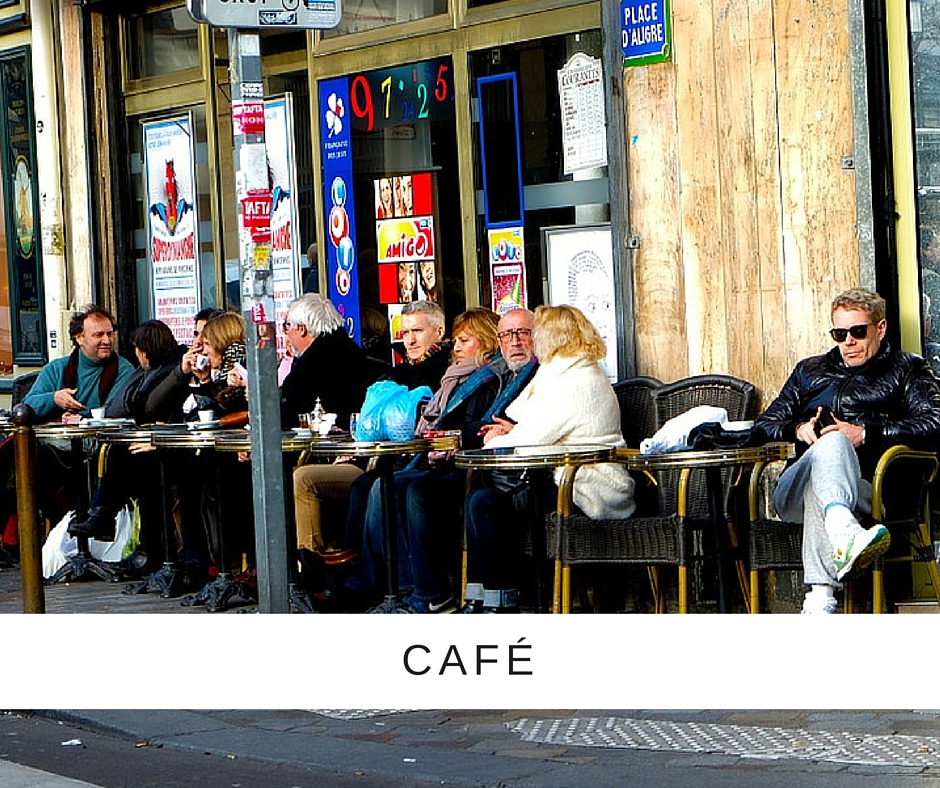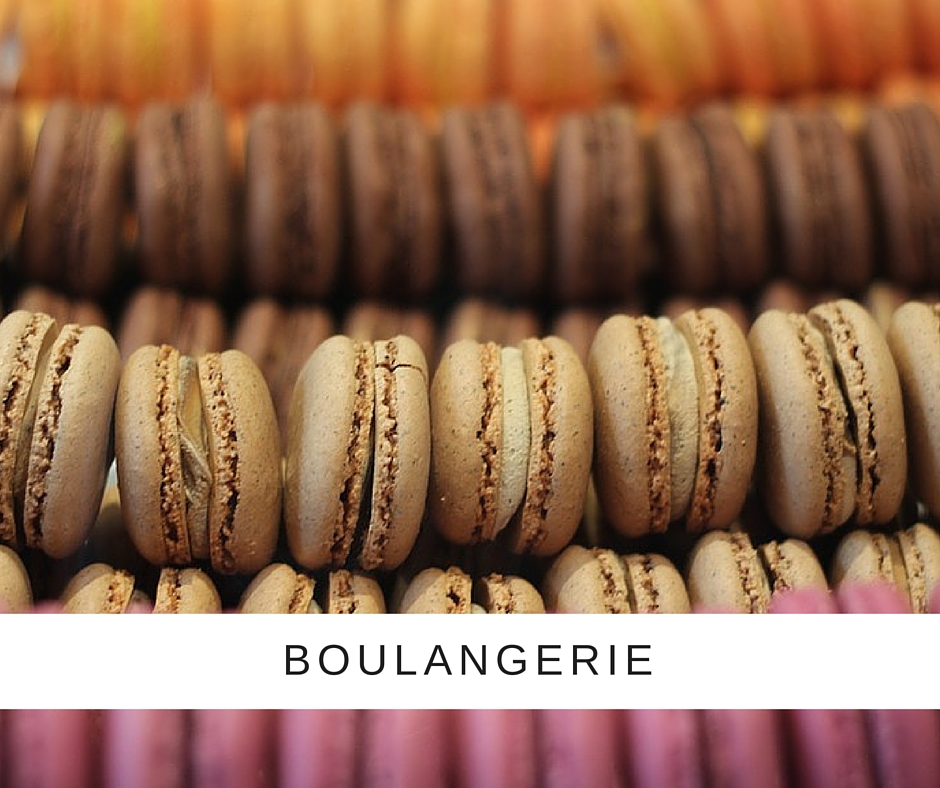
Hauts-De-France: Where Dutch and French Collide
Things get a little Flemish north of Paris.
You may be thinking that Dutch and French happily coexist in one country and one country only: Belgium. Unfortunately for map-makers everywhere, nothing about language is that simple.
France is a country that shares borders with eleven other countries. Naturally, these borders have shifted over the course of centuries due to both the whims of the nation’s ruling class and international politics. Years after international borders have mostly hardened, these two languages continue to intermingle and influence each other in the far north of France. They do so many miles (or kilometers) away from the birthplace of the Latin language that gave rise to the French that we know, love, and study.
The map of present day France does not do that great of a job reflecting the linguistic diversity of the country. We are left with a rough hexagonal shape, L'Hexagone (not to mention the les DOM-TOM) in which accents, dialects, and languages span a country that is roughly the size of Texas. In order to create a stronger sense of nationalism and make governing easier, French rulers have taken on a policy of strong standardization when it comes to the nation’s language. This blog post over at talkinfrench.com notes that French (Parisian) replaced Latin to become the standard language of law and administration back in 1549, but it wasn’t until the 1880s when the French government began to impose French in educational settings.
Hauts-de-France
The Hauts-De-France region of France is at the tippy top of the aforementioned hexagon. Created in 2015, it’s a combination of the Nord-Pas-de-Calais and Picardy. Two of its biggest attractions are the capital metropolis of Lille, a reborn vestige of a once-thriving French rust belt, and the port city of Calais, which welcomes ships coming from all over the world and is known for its proximity to England.
Lille resides roughly 125 miles away from Paris, the city that has centralized and standardized the French language over the past few centuries. The city is also just a few miles from the Belgian border, a country whose official trilingual status— Dutch, French, and German are all official languages there- makes it an outlier among many monolingual European countries.
Languages Up North
The Hauts-de-France region hadn’t always been so monolingual, and up until recently was home to a thriving landscape of Standard French, Picard, and Flemish (or Western Dutch). Its regional accents are so iconic that there’s a movie dedicated to satirizing them, Bienvenue Chez Les Ch’ti’s. Ch’ti is a more common name for Picard, the language of the north. Picard is a Romance Language, and is spoken in Picardy and in parts of Belgium. Native-level speech is typically only found in for older populations. Picard has no official status in France, but it was granted recognition as a regional language in Belgium by its Wallonia-Brussels Federation. If you want to check out some written Picard, there is a copy of the Universal Declaration of Human Rights translated by the UN. Picard’s spelling was never standardized, but many people looking to record and study the language have gravitated towards the Feller-Carton orthography.
Lille has such a Flemish history that it even has a name in the language, Risjel. It resides in a region that was historically called French Flanders. Flemish, a variant of Dutch (a Germanic Language), was spoken in French Flanders up until 50 years ago by some accounts. Unfortunately, Flemish isn’t as popular as Picard among academics, so its legacy is not being as actively preserved by scholars. Unlike Picard, there is no standardized system of writing. Years ago, though, there used to be a yearbook called De Franse Nederlanden/Les Pays-Bas Français that was marketed towards the country’s Flemish-speaking population. It documented life in French Flanders, but is sadly no longer in print circulation. Both Picard and Flemish are predicted to be extinct by the end of the 21st century.
A map from the 1994 issue of De Franse Nederlanden
What the Future Holds
Hope for preserving Flemish culture remains! A newer website called Les Plats Pays is the successor to the print-editions of De Franse Nederlanden, and its team is working hard to keep Flemish life alive in the Hauts-de-France region. Some people even believe that knowledge of Dutch will help keep Flemish alive in academic and scholarly settings. Regardless, brushing up on your Nederlands will help you to fully appreciate the local life and culture on your next trip to Northern France!
Thanks for Reading!
Planning a trip to Flanders anytime soon? Brush up on both your French and your Dutch! Be sure to share this article with your friends, and give it a heart.
(Thumbnail photo by Dimitri Houtteman)
French Vocabulary to Use While Traveling
Some useful phrases to know for your next trip to a Francophone port of call.
It is no secret that we are huge fans of traveling! Yes, we are a little biased, but most of our students feel the same. Thus, we thought it would be helpful to put together some French vocabulary that comes in very handy while traveling. Check out all of the tools below (including audio pronunciations) and a quiz at the end. We hope you can utilize the helpful tips on your next trip abroad. Bonne Voyager!
Preparing For The Trip
Yes, traveling is inspiring. You might imagine sipping a warm coffee amidst the cobblestone streets of Paris and just the mere thought brings a smile to our faces. But, in order to make this journey a pleasant reality, the key is in the preparation. This means packing and planning accordingly, thinking ahead and strategizing. So, we shall focus on the verb Préparer or To Prepare. To keep things simple, I have included the conjugations for this verb in the present tense only. Take a look at the chart below and try saying the words aloud.
To make sure you are pronouncing the words correctly, I have included an audio guide below. This recording is from Jean-Philippe, one of our native French instructors at JP Linguistics. Take a listen and try to saying the conjugations aloud with Jean-Philippe.
Now that we are familiar with the conjugations of Préparer, let's try building a sentence. In order to do this, we need some more vocabulary which I have included in the images below. Take a peek at some of the terms such as Le Passport, Des Gants, and Un Pull and try saying the words aloud.
Now we can build a few sentences using the Je or 'I' form using the conjugations above. Instead of using the other forms (Tu, Il/Elle, etc), we'll just keep it simple with the Je form throughout this article. The format for building the sentence looks like this:
SUBJECT + VERB + (PREPOSITION) + NOUN
Here are a few sample sentences. Try reading these and saying them aloud. Below is an audio guide to help. It repeats each sentence twice.
1. Je prépare le sac (I prepare the bag)
2. Je prépare mon passport (I prepare my passport)
3. Je prépare mon appareil photo (I prepare my camera)
4. Je prépare mon portable pour le voyage (I prepare my cell phone for the trip)
5. Je prépare des lunettes pour mon voyage (I prepare glasses for my trip)
Your turn! Try making a few sentences using the new vocabulary above.
It's Time to Go
Now that you have packed your bags and are ready for your trip, it's time to go. Thus, we shall focus on the verb Aller or To Go. This is a very common and useful verb to know in French. However, it is an irregular verb, so the conjugations might look strange compared to other French verbs. Take a look at the conjugations and try saying them aloud. Then try memorizing them. To help you, I have included an audio guide just below the verb chart.
The next step is for us to look at a few nouns we can imagine ourselves going to. This will help us to build a few sentences to practice. Take a look below and see if you recognize these places. Then, try saying their names aloud.
Now it's time for us to build some sentences to practice. Again, we will use the Je or 'I' form only in the present tense, using the sentence structure below. To help guide you, listen the audio recording below which includes each sentence repeated twice:
SUBJECT + VERB + (PREPOSITION) + NOUN
1. Je vais à la gare (I go to the train station)
2. Je vais aux toilettes (I go to the toilet)
3. Je vais à la sécurité de l'aéroport (I go to the airport security check)
4. Je vais au kiosque (I go to the newspaper stand)
*notice the à la /au/aux in each sentence. It's important to always include the articles before the noun.
Now it's your turn! Try making a few sentences using the vocabulary above.
You Made It
Now that the you have come to your destination, you can sit back and relax. This is the time when you can enjoy arriving to the location you have dreamed of for so long. So, we shall focus on the verb Arriver or To Arrive. Take a look at the conjugation chart below and trying saying it aloud using the audio recording just beneath it as a guide.
Now we can use a few more vocabulary nouns to help us build some practice sentences. Take a look at the images below and try saying their names aloud.
Wonderful! Now, let's build a few sentences in the Je form, present tense. We can use the following sentence structure as a guide along with the audio recording for pronunciation recognition:
SUBJECT + VERB + (PREPOSITION) + NOUN
1. J' arrive à mon hotel (I arrive at my hotel)
2. J' arrive à la boulangerie (I arrive at the bakery)
3. J' arrive au café (I arrive at the cafe)
4. J' arrive chez* mes parents (I arrive at my parent's house)
* Notice the preposition chez to indicate people's house.
Now it's your turn! Try forming a few new sentences by using the vocabulary above.
We hope you enjoyed reading French Vocabulary To Use While Traveling. More importantly, we hope you can use some of these new vocabulary tips on your next trip to France! Please feel free to share this with your friends and family and include some of your favorite French travel phrases in the comments below. If you are looking for Private French Lessons or French Group Classes taught by native instructors, please visit JP Linguistics for more information!
Now, let's test the knowledge you have just learned with a little quiz. How many of these sentences can you translate correctly? Try your best not to scroll up. Once you click the 'Traduire' button below, the correct answers will be revealed. Ready, set, go!
The French Travel Quiz
5 Best Festivals in France
Nothing’s better than a city-wide party. Here are some of our préféfés.
An important aspect of French culture is the extravagant celebratory festivals. We have cultivated the 5 Best Festivals in France, including the Cannes Film Festival, the Tour De France, the Nice Carnival, Bastille Day Parade and the Monaco Grand Prix -- the majority of which are held during the prime spring and summer vacation months. Keep these celebrations in mind for your next trip abroad, and don't miss out on all the fun!
Cannes Film Festival
The annual Cannes Film Festival in Cannes, France, has drawl visitors from worldwide since 1946 for its dedication to uncovering the best that the film industry has to offer and honoring those with raw passions for film making. Held at the Palais des Festivals et des Congrès, it is considered the most publicized and most prestigious film festival in the world. The festival takes place in May, and previews new films from all over the world and of all genres. Movie stars from Audrey Hepburn to Arnold Schwarzenegger to Marilyn Monroe have attended this glamorous event. Visit here for more information about this year's Cannes Film Festival!
Tour De France
Bicyclists and spectators alike from all around the world travel to France for the Tour De France, the world's most famous cycling competition. This annual multistage race held in France since 1903 is typically held in July, and consists of 21 day-long segments covering 3,500 kilometers (2,200 miles). The route of the race is ever-changing, however it consistently covers some of the most magnificent grounds of France, including the Alps and Pyrenees mountain chains. This is the perfect festival tocelebrate the world's best cyclists while enjoying the country's beautiful landscapes.
Nice Carnival
The Nice Carnival is the main winter event on the French Riviera and one of the largest carnivals in the world. The carnival offers a program of entertainment with over 1,000 international musicians and dancer, and a procession of 16 floats with giant colorful parades that take place day and night each year for one week in February. The earliest mention of the carnival in Nice is traced back to the 13th century, making it the oldest existing festival in the world. The root meaning of the word "carnival" is "away with meat," and was celebrated as a time to enjoy bountiful cuisines before Lent. Today, the event attracts over a million visitors to Nice every year and is celebrated on the Promenade des Anglais.
Bastille Day Military Parade
This festival commemorates the national French holiday Bastille Day, recognizing the historic storming of the Bastille that occurred in in Paris in 1789, and the Fête de la Fédération that occurred on the same day a year later to celebrate peace in the French nation during the French Revolution. Each year on the morning of July 14th since 1880, the French militants parade down the streets of Paris in remembrance of the violent revolution and to celebrate the unity of the French people. The holiday is celebrated throughout the country in a similar fashion to the United States on 4th of July, with fireworks and feasts.
Monaco Grand Prix
Regarded as one of the most important and prestigious automobile races in the world, the Monaco Grand Prix is a Formula One motor race held in the Circuit De Monaco since 1929. Similar to the Tour De France in respect to the route's breathtaking scenery, the Grand Prix brings in thousands of spectators worldwide for this thrilling but glamorous weekend along the Monte Carlo Harbor. This event lines up perfectly with spring and summer trips, and will be held this year May 26 through the 29th. Click here to find out about tickets and more!
I hope you enjoyed these 5 Best Festivals in France! If you are looking to learn more French language and culture, make sure to sign up for our new Online Classes at JP Linguistics! Don't forget to tell your friends about Frenchie Fridays so they can receive fun French stories delivered directly to their inboxes - they can sign up HERE. Merci et à bientôt!
Credit: stokpic - Pixabay, Wikipedia Commons, Karen Corby - Flickr.com
5 French Vacation Spots for Spring
Five amazing locations to visit while the flowers bloom.
Planning a trip to France this spring, but don't know where to begin? It can be challenging to narrow down which cities to roam when the country is rich with history and authenticity. We have chosen five of our favorite French vacation spots for spring that are sure to satisfy all of your French cravings. Whether you are in the mood for a romantic getaway in the Parisian cafes and the secluded Annecy, or if you would rather enjoy relaxing and exotic beach excursions in Cassis, or if you are eager to sightsee some of the world's most historic ruins and cathedrals in Lyon and Loire Valley, then we have your ideal France vacation nearly planned for you!
LYON
The third largest city in France, Lyon is located in the east-central region of the country and is the perfect location for a sense of French culture. Whether you are in the mood to meander through museums or sightsee some of the oldest Roman ruins, or even if you would rather take a stroll through the town and have a drink among the city's Old World charm, this is the place for you. Some must-see sights are the Gallo-Roman Museum of Archeology, the Parc de la Tête d'Or, which is the largest park in France, or the Presqu'ile District, which is home to the Hôtel de Ville (town hall) and the Place des Terreaux.
PARIS
It would be a shame to visit France and not set foot in the most romantic and sought-after destination in the world. Paris is dense in history, rich in culture, and is likely a vacation in itself. There is plenty to do and there is so little time. Without a doubt, Paris is a complete must-see if you are in the area (a.k.a. if you are in Europe). To narrow down your sightseeing for just a taste Paris, get the Eiffel Tower and Arc De Triomphe out of the way, because those sights go without saying. From there, you have The Lourve, which could easily take up a week of your time if you truly took advantage of all the magnificent artifacts it has to offer; and the Notre Dame de Paris Gothic church is a must. For more must-see Parisian getaways, visit here!
ANNECY
Now, many visitors neglect the countrysides of France and fail to get a glimpse of the authenticity of small towns such as Annecy, situated in a valley beside Lake Annecy in the south-east of France. This is the absolute destination for a quiet and peacefully getaway surrounded by locals. Visitors enjoy the beauty of the mountains in contrast to the crystal clear, blue lake, and relax in romantic cafes, sipping wine and people watching. A must-see in this town is the Château d'Annecy (Annecy Castle) along the Thiou River. Another is Le Palais de l'Isle, which is hard to miss as it is planted in the water and in a central part of the city.
LOIRE VALLEY
Regarded as a popular tourist attraction for its incredible scenery, historic towns, architecture and chateaux, Loire Valley is a picturesque region to visit in spring. Located in the center of the country, Loire Valley is considered the "Garden of France" for its abundance of vineyard, fruit orchards and fields of artichoke and asparagus that line the banks of the river. A must-see sight in this region is the Château d'Azay-le-Rideau, a chateau considered to be the foremost example of french renaissance architecture.
CASSIS
Situated on the Mediterranean coast, Cassis offers visitors a glimpse of life in a quaint Provencal fishing village in the heart of Calanques National Park. Whether you would rather enjoy the city by boat or by strolling along the turquoise coastline from a pebbled beach, Cassis is a must see this spring. The towering cliffs in contrast with the coastline offer breathtaking views to all who visit. For those who enjoy hiking, it is advised to visit the Cap Canaille cliff that lines the water. It is quite a hike but incredible for those who are up for the challenge. It is also a must to visit the calanques, limestone cliffs that plunge into the Mediterranean. Viewing these natural wonders by boat is the most convenient and accessible way to see them up close.
I hope you enjoyed these 5 French Vacation Spots for Spring. If you are looking to learn more French language and culture, make sure to sign up for our new Online Classes at JP Linguistics! Don't forget to tell your friends about Frenchie Fridays so they can receive fun French stories delivered directly to their inboxes - they can sign up HERE. Merci et à bientôt!
For more destinations for your France spring vacation, visit here!
Photo credit by Carlos de Paz - Flickr, www.pexels.com, Mike Brice - Pixabay, Wikipedia Commons, and Dennis Jarvis - Flickr.
